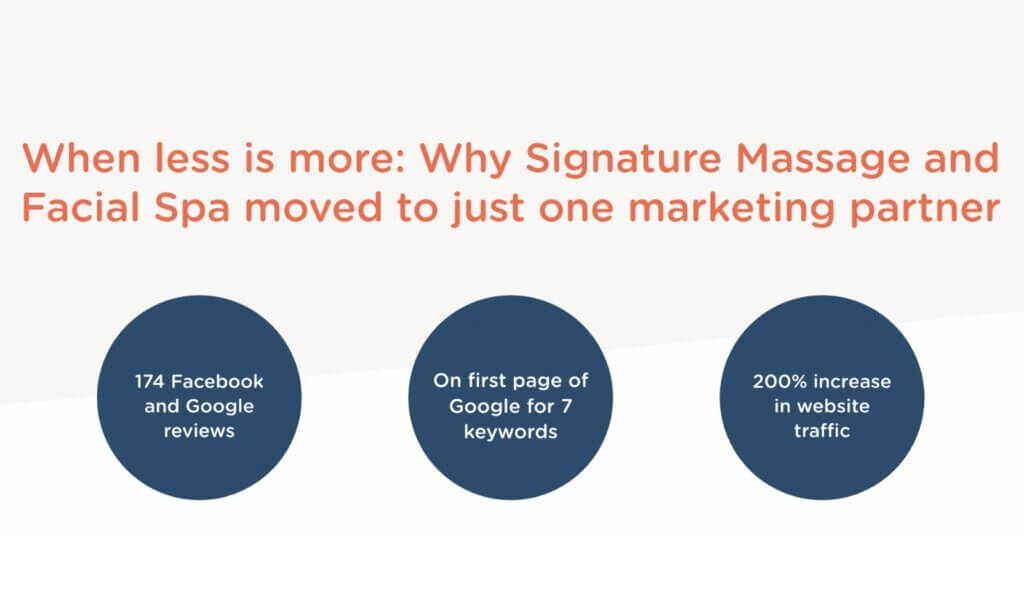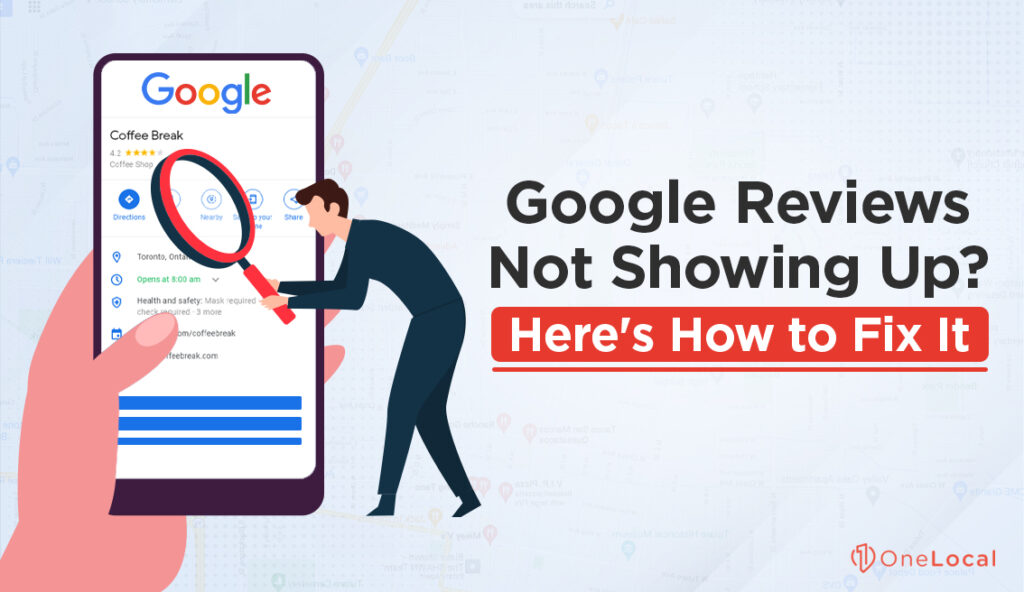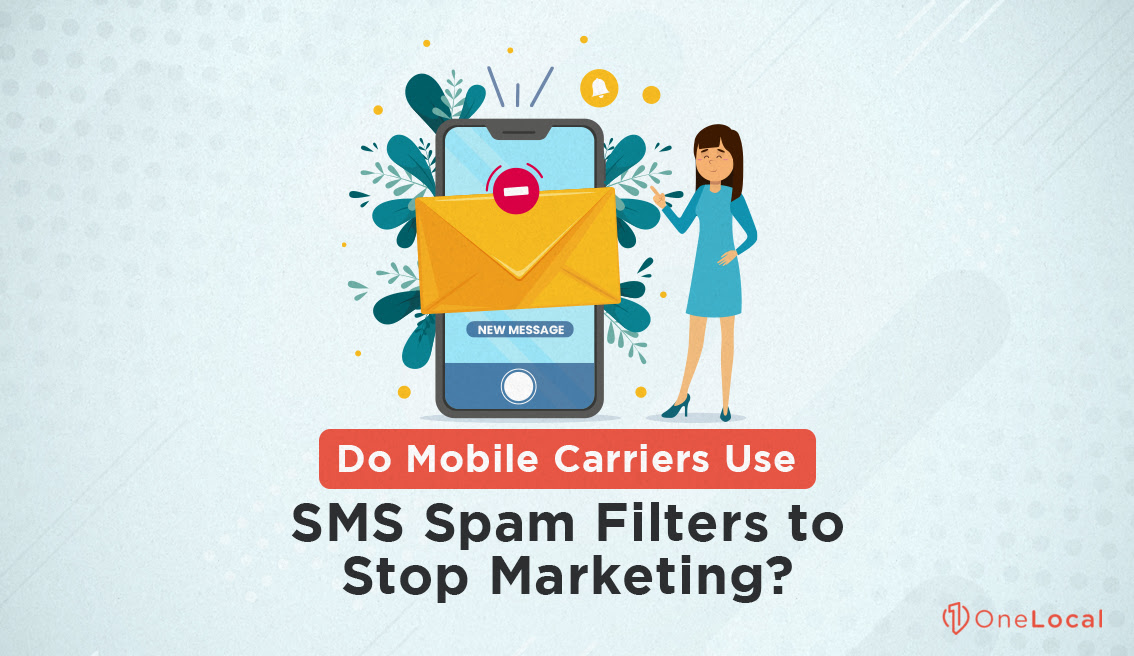You’ve probably been hit with marketing texts you never signed up for – it’s annoying. Mobile carriers understand this annoyance and have been working hard to try to put an end to this problem. This brings up a smart question: How do these companies find out which messages reach our inbox and which ones are blocked?
It’s not always easy to distinguish spam from legitimate marketing. We can look at how big companies like AT&T, Verizon, and T-Mobile use SMS spam filters to block those unwanted messages.
Let’s talk about how we can find a balance between spam protection and letting the right business messages through!
How Carrier Filtering Works
Mobile carriers address SMS spam with their filtering technologies, and it’s pretty interesting to see how they handle it. This topic lies at the meeting point of everyday technology and the difficult processes we commonly forget. SMS carriers use advanced systems to sift through millions of messages – filtering out the spam before it even reaches our phones.
At the core of these systems are machine learning algorithms. These algorithms are great at identifying patterns and behaviors in the data they process. To give you an example, a sudden influx of identical messages sent to many people at the same time can trigger the system’s alarms as this behavior usually points to a spam campaign.
Mobile carriers also use keyword filters as another defensive strategy. They keep an updated list of words usually associated with spam or scams. Messages containing these suspicious words are either blocked immediately or examined more closely. I always find it reassuring to know that obvious spam content like “You won a million dollars!” doesn’t reach our screens.
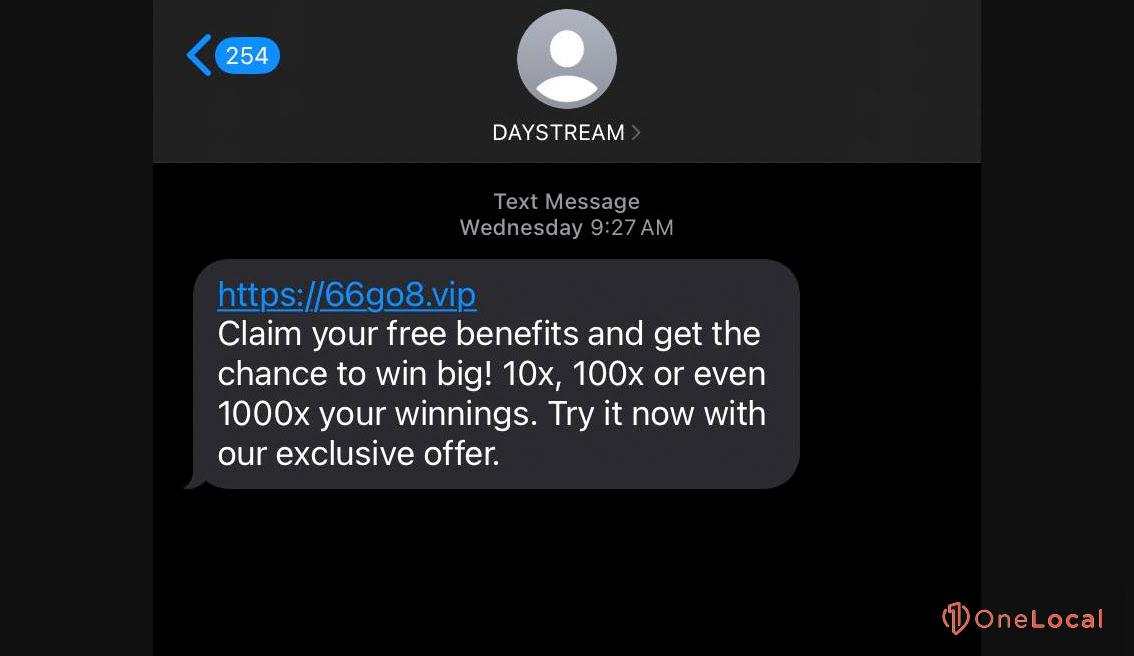
Think about a scenario where a carrier notices a misuse of the phrase “free trial” sent from an unfamiliar number at high speed. The carrier’s machine learning tools will analyze the keyword and the speed of the messages and likely choose to prevent these messages from reaching people – maybe checking the sender’s history as well.
These technologies give major advantages. They create a cleaner, safer environment for our communications and make sure companies comply with laws like the Telephone Consumer Protection Act (TCPA), which will need businesses to get explicit consent before sending promotional messages. This protects consumers and also supports the reliability and success of SMS marketing strategies.
The filtering systems’ ability to evolve is huge – it’s a regular game where spammers and carriers continuously adjust their methods because spammers get better and better, and anti-spam methods need to follow. While this unpredictability might be difficult for marketers, it’s always smart to keep us ahead of malicious intentions.
Why Would a Message Be Blocked
As I looked into the space of mobile communications I saw the need for carriers to install SMS spam filters to meet stringent regulations. Carriers use advanced technologies to block spam which I’ve found out through my studies.
The method focuses on identifying unwanted features in messages – carriers take a look at the content of SMS for signs of spam like bulk messaging where hundreds of identical texts are sent simultaneously. Usually pointing to spam. Also, specific keywords, excessive numbers or dates, or certain links might lead to a message being blocked.

I am very impressed by the sophistication of these filters, which have evolved to combat spammers’ strategies. During conversations with experts, I found that a leading U.S. carrier has developed a machine-learning model that adjusts when new spam patterns are seen from user feedback.
The outcomes are pretty positive. These measures protect users from scams and disruptions and also help keep SMS a reliable communication method. Carriers are committed to maintaining a healthy network and ensuring customer satisfaction by removing spam.
Based on what I’ve seen, sticking to best practices for sending bulk SMS for marketing is smart. To avoid those sophisticated filters, I make sure my messages are specific and do not contain any warning signs. It is useful to connect with users through sincere, thoughtful messages while respecting their privacy and legal boundaries, which makes sure SMS marketing is useful without facing barriers from carriers.
What Common Practices Trigger Filtering
Entering SMS marketing can feel difficult because of the stringent spam filters used by mobile carriers. These filters are designed to block unwanted spam or scam messages, which helps keep everyone safe, but they can also make a marketer’s work more complicated.
Based on awesome research, a few important triggers activate these filters. One major trigger is the use of shortened URLs in your messages. While they save space and appear modern, their regular use in questionable links usually leads to being blocked, like arriving at a party in an elaborate disguise, which suspiciously draws attention. Also, creating messages in all caps or overusing special characters and emojis could lead to your messages being flagged. Such plans are overly loud and usually tend not to sit well with both carriers and your target audience.
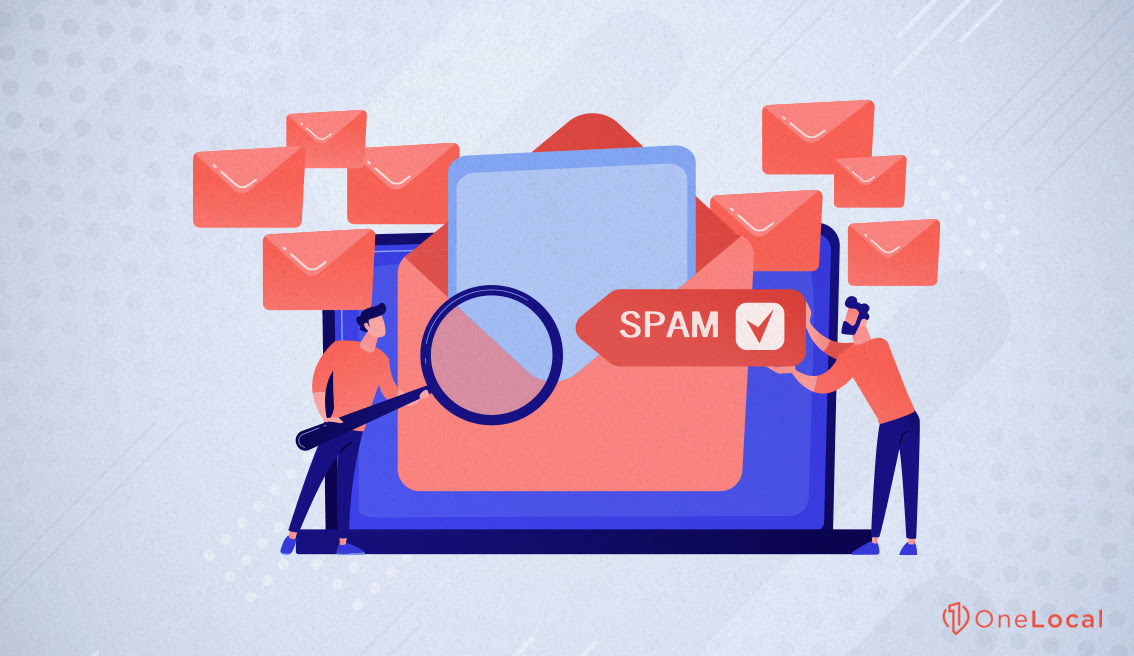
Let’s talk about grammar mistakes or hard-to-read messages: they hardly ever come across as reliable. It’s very important to keep cleanliness and professionalism in your messages. Imagine how receiving a messy text makes you feel – not so good, right?
Another important issue is sending repetitive messages especially if they are unsolicited ads or promotions. Phone carriers dislike messages that seem to give free items or quick-money programs and try to stir up a fear of missing out. These features are classic spam triggers – trying to trick people or push them into hasty decisions.
To avoid these spam filters, think about personalizing your messages more and consistently updating your SMS list to keep it cool. Make sure each message has a clear job and has an easy way for recipients to opt-out. Paying attention to this detail helps comply with regulations and also will make sure your messages reach their intended targets. Putting in this effort can noticeably help with the success of your campaign.
How Can Businesses Avoid Triggering Spam Filters?
Over time I’ve adopted a few plans to help my messages easily reach the people I want to talk to. Initially, I used a method known as warming up the SMS sending number. Although it might sound difficult it means slowly increasing your sent messages to build a strong reputation with carriers – similar to making friends with your neighbors before hosting a large grabbing.
Picking the right number like shortcodes for large campaigns or long codes for more personalized messages is a foundational step based on your needs. You also have to be careful about your language. I’m not talking about swearing but staying away from overly promotional terms or risky links that will trigger spam filters.

Let me share an experience from last year during a holiday sales campaign. I chose long codes and personalized each message keeping them easy: no links and a direct call to action. The messages reached their destination and a response was received that exceeded our expectations. This proves that easy clear messages work well with both people and filters.
Another smart ingredient is managing how you usually send messages and quickly responding to opt-outs to keep your audience’s trust and respect. Also, registering your long code with the Campaign Registry can affect it. Although it’s frequently ignored – it proves your authenticity.
Throughout my experience in SMS marketing, I have learned the relevance of clear strong communication and strictly sticking to best practices.
What Are the Benefits of SMS Filtering for Consumers?
The primary work of an SMS spam filter means scanning incoming text messages and blocking those that are unwanted, abusive, or possibly scams.
This has become seriously major with the rising number of scams – knowing these filters are actively preventing spam and dangerous texts is a great relief. Also, it protects us against phishing and malware, which could severely compromise our personal security.

One noticeable benefit of this filtering is the improvement in our texting experience. Getting flooded with spam messages is seriously annoying – it fills up our inboxes and diverts our attention from important messages. Carriers use intelligent algorithms to remove junk while making sure that smart messages like security codes or appointment reminders reach us smoothly. This has made me depend more heavily on SMS for urgent communications, which will make sure that meaningful messages don’t get lost amid spam.
Also, spam filters help mobile carriers comply with all sorts of privacy and safety regulations. Maintaining compliance is important as it establishes a legal shield that protects both consumers and legitimate businesses SMS for their communications. These regulations usually stipulate good choice protocols for message delivery. Thanks to spam filters, carriers can stick to these protocols, staying away from legal issues for themselves and us.
In my opinion, the collective efforts of mobile carriers help our confidence and satisfaction as users. The protection against common threats to my phone’s inbox gives me tremendous peace of mind and confirms my trust in SMS as a reliable and secure communication method – a viewpoint echoed by many people I have talked with.
Top Keywords That Can Filter SMS Messages
Imagine this: you’re sending a bunch of promotional messages only to find out they’ve been marked as spam. I’ve seen this once, and it’s not fun. Carriers use specific algorithms and screening protocols to check messages before delivery – these protocols aren’t widely shared, but I’ve managed to learn a few tricks through trial and error.
Starting with certain phrases like “get rich quick,” “make money fast,” or “huge discount” almost always leads to trouble.
These phrases will have your message flagged quicker than you can call it spam. Words that point to urgency or exclusivity, like “act now,” “limited give,” or “exclusive deal,” are likely to get blocked, almost making sure your message doesn’t go through.

What has worked for me means toning down the use of too many special characters, emojis, and capital letters. Messages made this way can come across as excessive and usually seem unprofessional. Instead – I focus on creating easy and clear messages that directly appeal to the people I’m targeting.
Adding a personal touch to the content also helps, and keeping a clean, updated subscriber list is a good idea. It lets me be sure that I am only talking to people who have shown interest.
Sticking to regulations is another major thing – following laws like the CAN-SPAM Act and the TCPA is about compliance and also plays a part in making sure your messages are delivered and affect their recipients. So it’s always smart to make sure you have permission to send those texts. This little step can make a big difference in your results.
Help with Your Local Business Marketing
Dealing with spam filters and handling SMS marketing can be difficult. Mastering the basics is also about applying your knowledge. Are you prepared to adapt to the regular technological changes that affect message reception? Employing the latest technological plans and sticking to best practices are important – this strategy will make sure your SMS campaigns are useful and well-received.
Creating strong connections with your audience through SMS needs careful and personal interactions with every message you send. Keep in mind the true measure of success in SMS marketing is not the volume of messages sent but their relevance and the relationships they help build. The goal is valuing every word and turning easy updates into meaningful conversations with your audience.
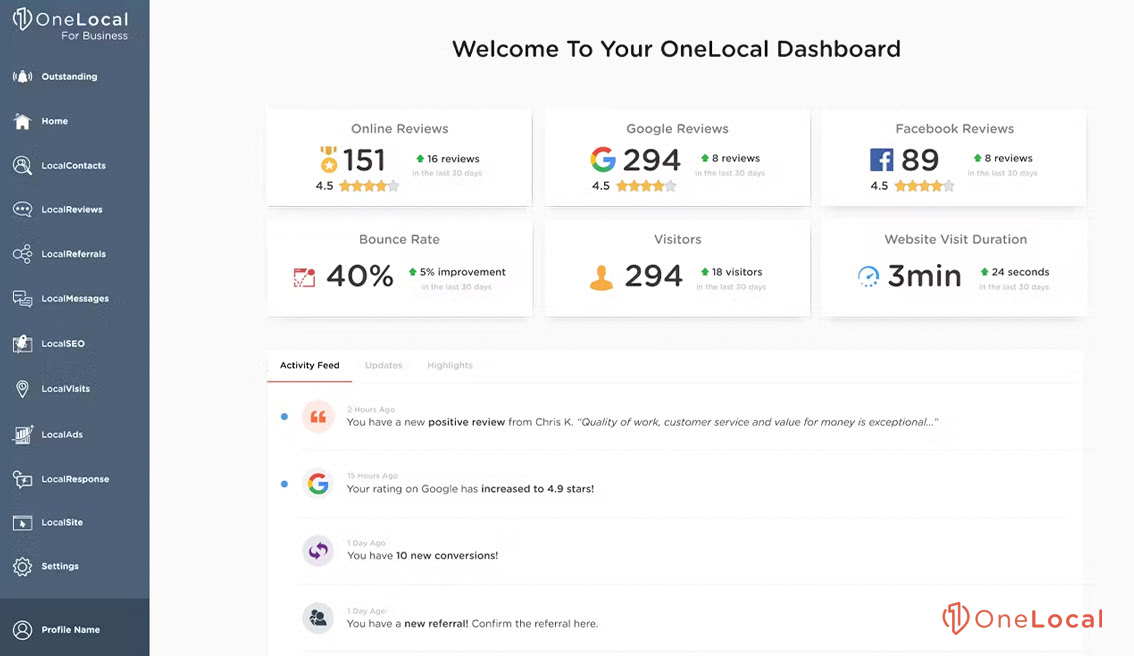
At OneLocal, we strike the perfect balance. Our services (like LocalMessages ) are designed to help small businesses like yours succeed in the space – freeing you from the trickiness of marketing technology. We help you in making sensitive, useful communications while ensuring compliance with regulations. OneLocal is ready to guide you through the difficult world of local business marketing. Want to see how we can help you? Think about booking a free demo with us today. Let’s talk about how we can elevate your business.

Rachel Solway is a seasoned marketing professional dedicated to empowering small businesses through innovative marketing strategies. With extensive experience at OneLocal, a leading marketing solutions provider, Rachel’s insights are helping thousands of local businesses navigate the digital landscape.


